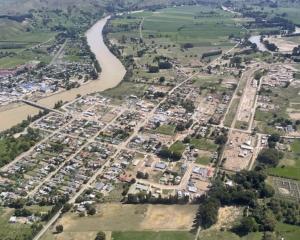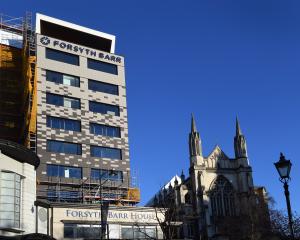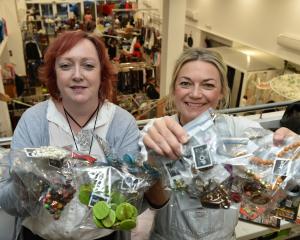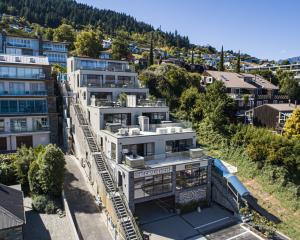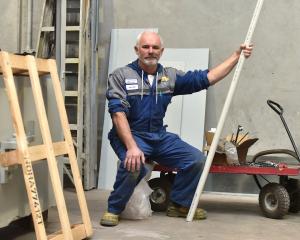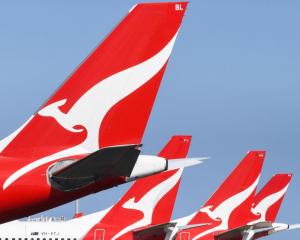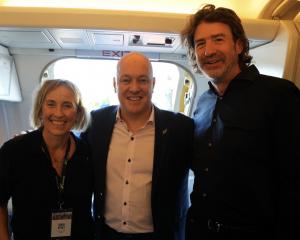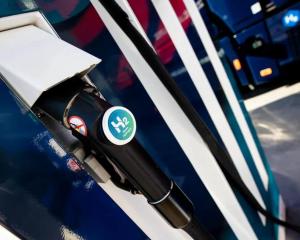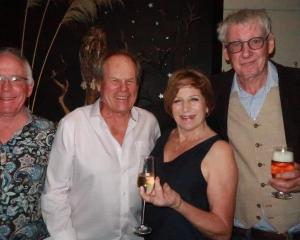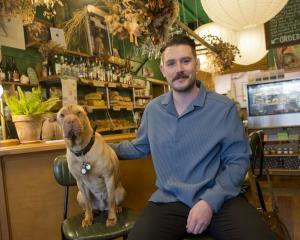Yesterday, Cottonsoft announced independent testing of three of its mainstream New Zealand retail products had determined the fibre in the products came from plantation sources.
The company commissioned the testing in October following allegations by Greenpeace that the company's products contained fibre from "trashed Indonesian rainforest".
The Dunedin-based privately owned toilet tissue maker was sold to Indonesian conglomerate Asia Pulp and Paper - the world's fifth-largest pulp and paper supplier - in a multimillion-dollar deal in 2007.
In a statement yesterday, Mrs Rich said the case raised issues for all New Zealand-based manufacturers sourcing product internationally.
"Because New Zealand is at the bottom of the world, our member companies have no choice but to rely on various international certification programmes for sourcing products to assure themselves that their sourcing is appropriate, ethical and sustainable."
It was unfortunate when New Zealand companies like Cottonsoft made significant efforts to use international independent certification processes to certify transparent sourcing through each step of the supply chain, that it was still not enough to shield them from activist attacks, she said.
She had no doubt Cottonsoft and other Food and Grocery Council members had been "scapegoated" because they were New Zealand businesses.
"Activists know full well that they can't command the same media headlines, when a product says 'Made in China' or 'Made in Vietnam' which is more often the case after so many New Zealand manufacturers had shut down over the last few decades."
Mrs Rich had visited the Cottonsoft factory in Dunedin and many staff she met had served the company more than two decades.
"Some workers said that they were deeply hurt by activist attacks on their work and that they understood the grim reality that they risked losing their jobs over these false claims," Mrs Rich said.
The independent testing by Covey Consulting showed the products contained hardwood species (acacia and eucalypt) and softwood material, including spruce and Douglas fir.
Those were standard pulpwood plantation species, Cottonsoft said.
The company welcomed Greenpeace's explanation to consumers as to why it had chosen to mislead them and endanger 130 jobs in Cottonsoft's two manufacturing plants, corporate affairs director Steve Nicholson said.
Yesterday, Greenpeace New Zealand executive director Bunny McDiarmid said it was "100%" behind its statements about Asia Pulp and Paper and Cottonsoft "fuelling rainforest destruction".
That was based on "both robust forensic testing, and years of experience on the ground in Indonesia, documenting deforestation and tracking the companies involved".

